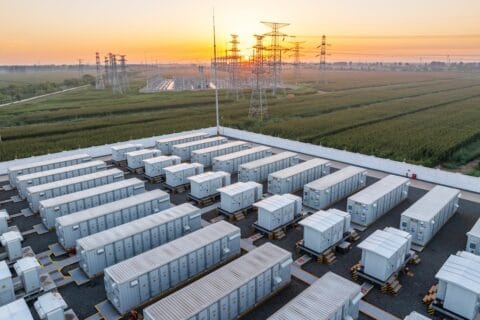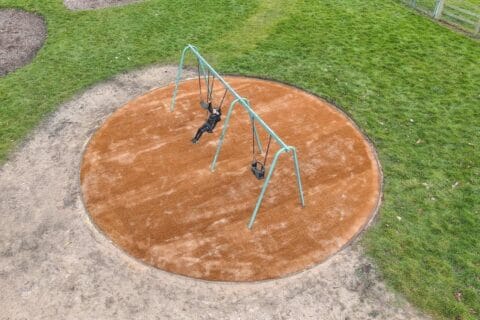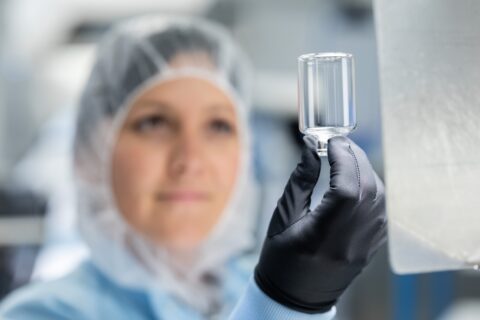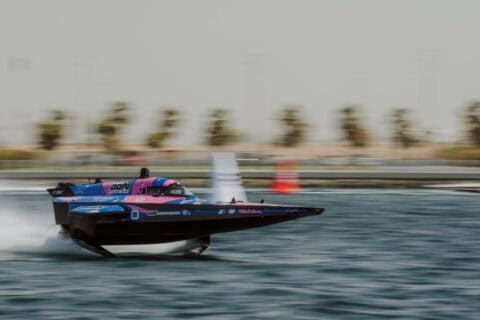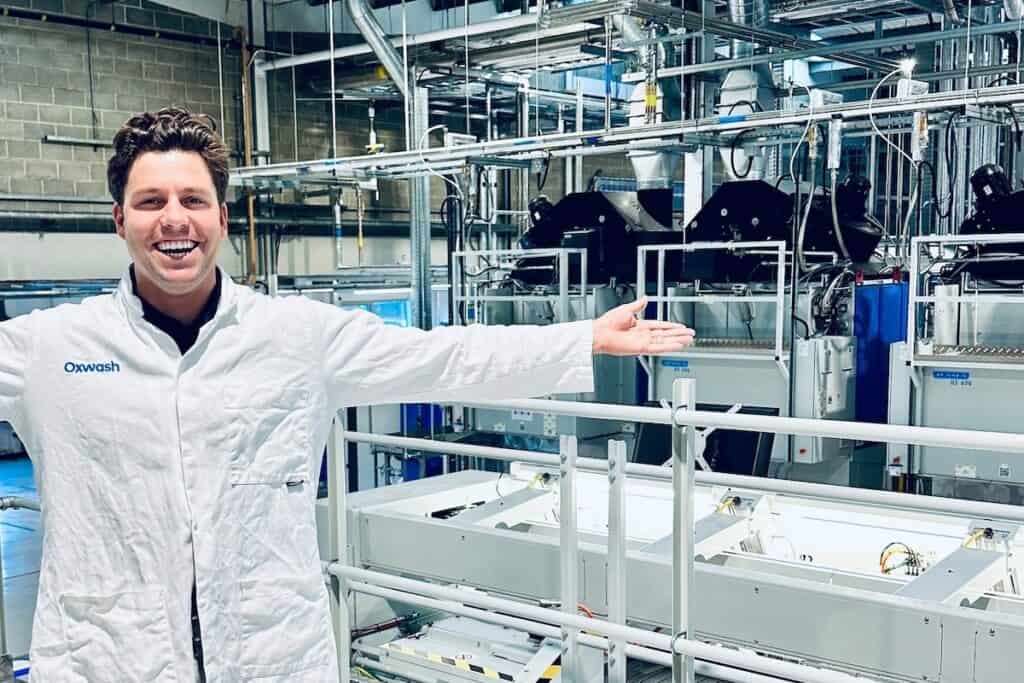
Proving that true sustainability starts with infrastructure, eco-driven innovators are cleaning up one of the dirtiest industries in the UK, with the help of an independent distribution network operator (IDNO).
In the race to reach net zero, most eyes are on big emitters, such as power, transport, and steel. However, behind the doors of an industrial unit just outside Swindon, England, a smaller revolution is quietly gaining steam. It is not glamorous, but it may provide one of the clearest blueprints yet for the energy transition.
Founded in 2018 by former NASA engineer Kyle Grant, Oxwash is a commercial laundry company.
What began as a scrappy student service turned into a deeper mission when Grant saw just how outdated — and polluting — the laundry industry had become, recalls Oxwash Managing Director, Ella Wilkinson:
“We saw huge facilities running steam-powered and energy-hungry machinery, with little consideration for conserving planetary resources. It was clear the industry needed modernisation.”
In response, Oxwash teamed up with Vattenfall IDNO to find a way to solve our dirty washing problem.
Only concrete is more polluting
Few people realise that laundry is the second most polluting industry after concrete, primarily due to its vast energy and water consumption. The UK’s commercial laundry sector alone uses the equivalent of Lake Windermere every two and a half months — roughly 300 billion litres of drinking-quality water every year.
To make matters worse, much of this precious water is heated with energy from burning fossil fuels.
The future looks very different, however, at ‘Big Blue’ — the name given by Oxwash to its facility in Swindon. Big Blue is the first industrial laundry site in Europe to be fully powered by clean electricity from day one.
The project, made possible with infrastructure support from independent distribution network operator Vattenfall IDNO, has become a proof point, says Stewart Dawson, Managing Director at Vattenfall IDNO:
“Businesses shouldn’t have to choose between ambition and access. By helping forward-thinking companies like Oxwash connect to clean electricity networks quickly and cost-effectively, we’re removing barriers to progress.”
Recycling water and filtering microplastics
Sustainable innovation at Oxwash is not confined to energy consumption alone.
The company also shrinks its water footprint significantly by means of a hydro-recycling system. This recycles up to 90% of the water used on-site, with top-ups coming from harvested rainwater.
The system filters 100% of microplastics from wastewater, too — far beyond what is visible to the naked eye.
For context, each household laundry cycle can release up to 700,000 microplastic fibres. As many end up in the ocean and food chain, the average person is said to ingest a credit card’s worth of plastic every week.
Change needs to happen industry-wide, though, not just in Swindon. So, keen to encourage others to rethink, Oxwash regularly opens its doors to competitors, sharing data and giving tours, says Wilkinson:
“We don’t just want to do better ourselves, we want to raise the standard for everyone.”
Ultimately, making innovation happen calls for commitment, concludes Wilkinson:
“There’s no secret, just willingness to invest, to prioritise, and to build the infrastructure to support your ambition.”
Scalable grid connection without delay
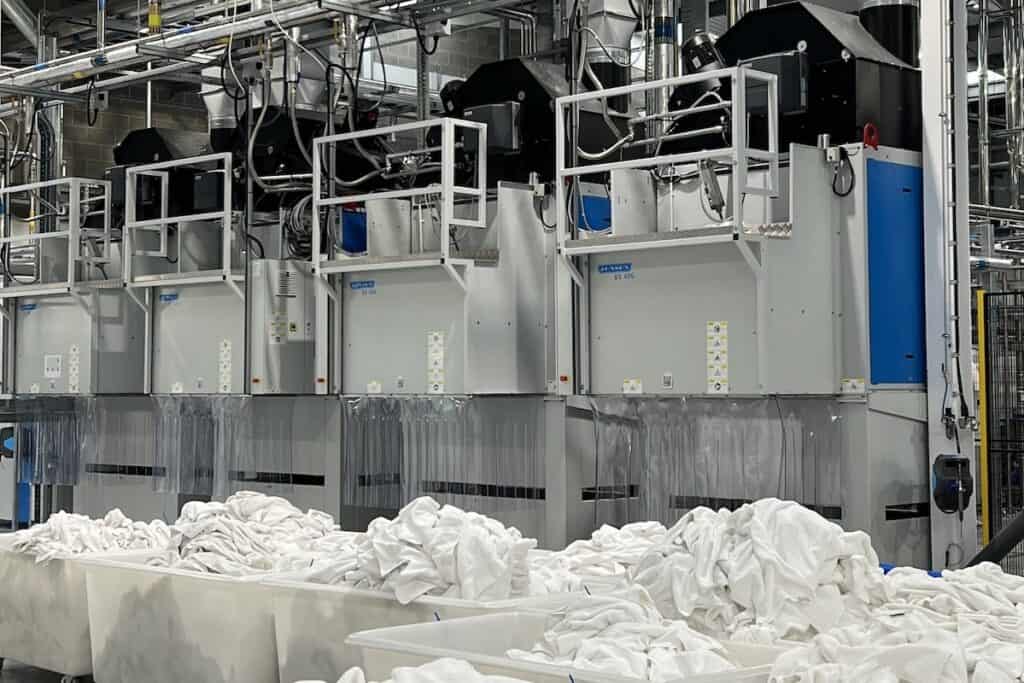
This is where the support of a company like Vattenfall IDNO comes into play.
While Oxwash leads on water, microplastics, and circular design, it is the reliable, scalable grid connection — delivered without delay or red tape — that makes it all viable, explains Dawson:
“Too often, infrastructure is treated as an afterthought. But if we want more clean-tech businesses to scale, we need to ensure the grid is there to meet them. That’s what IDNOs are here to do.”
Grid connection delays are increasingly cited as a leading blocker for net zero projects in the UK, especially for SMEs without in-house energy teams. Vattenfall’s model allows these companies to connect to clean power faster and with greater flexibility, removing a major obstacle to progress.
Helping tackle Scope 3 emissions
Customers are already taking notice. Oxwash clients, including high-footfall hotels and hospitals, often find themselves unsure how to cut emissions beyond the obvious. The reality of delivering against sustainability goals is that changing linens less frequently or asking guests to skip daily towel swaps can only go so far.
However, laundry is one of those hidden emission sources that nobody thinks about, suggests Wilkinson:
“We help them tackle Scope 3 emissions, which often account for over 70% of a business’s total carbon footprint — without them even needing to change their operations.”
Scope 3 emissions occur outside of direct operations, from within the supply chain, for example.
Wash better and waste less
Looking ahead, Oxwash plans to replicate the Big Blue model across the UK, aiming for five similar sites over the next decade. With each new facility, the goal is the same: wash better; waste less; widen the circle of change. Sometimes, building the right foundations from the beginning starts with a grid connection.
Fully owned by the Swedish state, Vattenfall is a leading European energy company, operating mainly in Sweden, Germany, the Netherlands, Denmark and the UK. The company has around 20,000 staff and 14 million customers. Its goal is net zero emissions across the entire value chain by 2040, at the latest.
Further Reading:
- More about commercial laundry company Oxwash;
- More about independent distribution network operator Vattenfall;
- Also on SustMeme, Decarbonising cold chain in the delivery decade;
- Also on SustMeme, Tipping point for business attitudes to renewables;
- Also on SustMeme, Carbon footprint guideline to make glass transparent;
- Also on SustMeme, Carbon accounting hits right note in the studio;
- Also on SustMeme, Wood-based water tech removes 80% dye pollutants;
- Also on SustMeme, Circular economy strategies can cut global emissions by 39%.
Check out the full archive of stories on the SustMeme Business & Finance Channel, now available to Sponsor.

